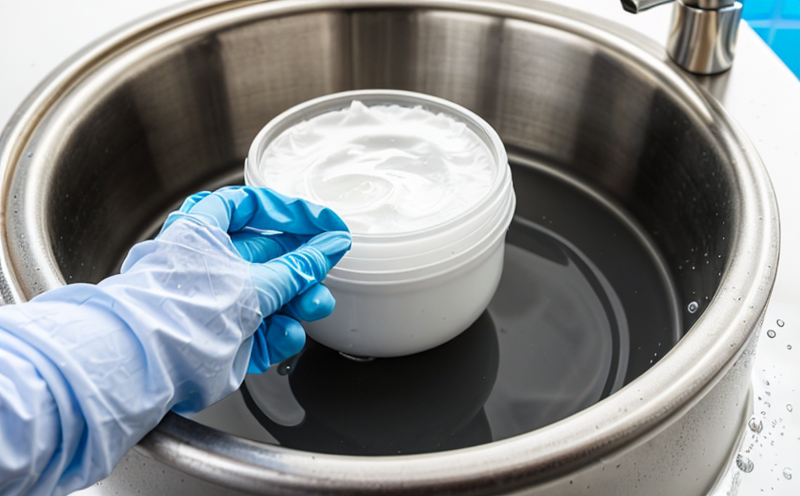Capsule Surfactant Residue Testing
In today’s pharmaceutical and food industries, ensuring product quality is paramount. The presence of surfactants in capsules can significantly impact their performance, stability, and safety. This is why comprehensive capsule surfactant residue testing plays a crucial role in maintaining the integrity of products that come into contact with sensitive biological systems.
Surfactants are compounds capable of reducing surface tension between two liquids or between a liquid and a solid. In pharmaceuticals, they can be used as emulsifiers, foaming agents, wetting agents, and solubilizers. However, their presence in capsules must be controlled to avoid adverse effects on the encapsulated material or the patient.
Our capsule surfactant residue testing service employs advanced analytical techniques to quantify the amount of surfactants present in various types of capsules, including gelatin-based and enteric-coated. This ensures that manufacturers can meet regulatory requirements and ensure product quality. The following sections will delve into the scope and methodology of this critical testing process.
| Methodology Stage | Activities Performed |
|---|---|
| Sample Collection | Collection of capsule samples from various lots to ensure representativeness. |
| Preparation | Disintegration and dissolution of capsules under controlled conditions, followed by filtration. |
Scope and Methodology
The scope of our capsule surfactant residue testing includes the quantification of surfactants in various types of capsules. The methodology involves several key steps:
- Sample collection from different lots to ensure representativeness.
- Disintegration and dissolution under controlled conditions, followed by filtration.
- Analysis using High Performance Liquid Chromatography (HPLC) with appropriate detection systems.
- Data interpretation and reporting based on predefined acceptance criteria.
Benefits
The benefits of our capsule surfactant residue testing are numerous, particularly for industries reliant on high-quality encapsulated products. By ensuring that the surfactants present in capsules do not exceed allowable limits, manufacturers can:
- Avoid potential health risks associated with excessive surfactant presence.
- Ensure compliance with regulatory standards such as FDA and EU guidelines.
- Guarantee product stability and efficacy.
- Maintain the integrity of encapsulated materials during storage and use.
Industry Applications
| Application Area | Description |
|---|---|
| Pharmaceutical Manufacturing | Ensuring the surfactant levels do not interfere with drug efficacy or safety. |
| Food and Beverage Industry | Maintaining product quality and compliance with food safety regulations. |





